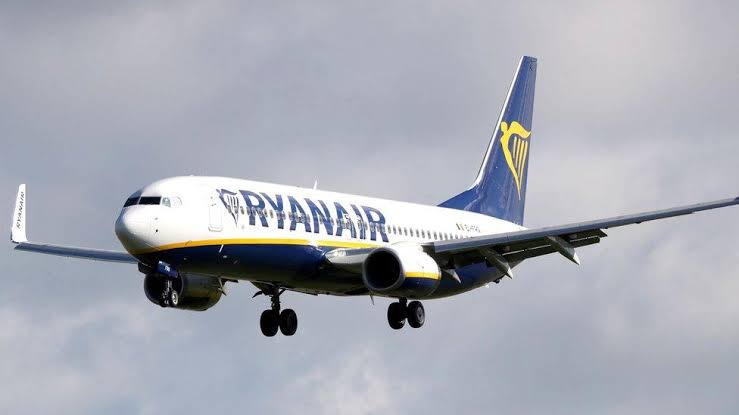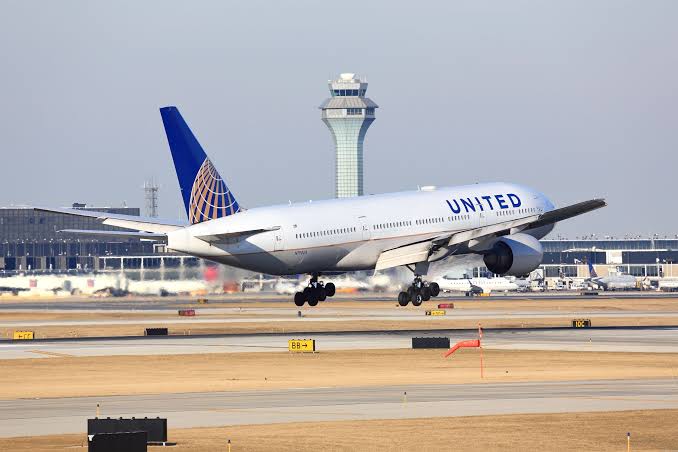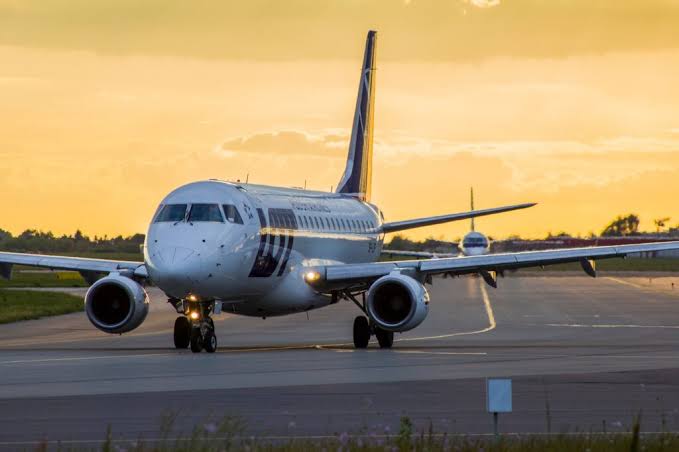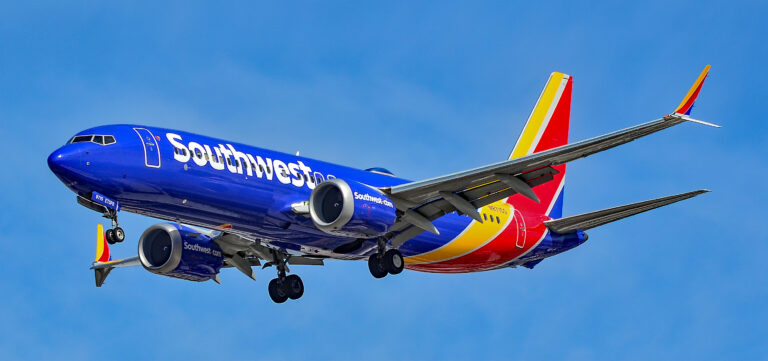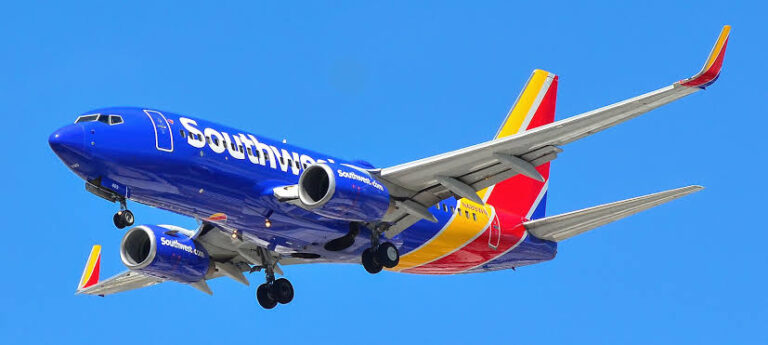“Ryanair CEO Declares Emergency Amid Sudden Mechanic Strike, Flights Disrupted”
In a surprising turn of events that has sent shockwaves through the aviation industry, Ryanair’s CEO, Michael O’Leary, declared an emergency operational alert after a large number of the airline’s aircraft mechanics staged an unannounced strike early Monday morning. The strike, which reportedly began at several major European airports simultaneously, has already led to the grounding of over 120 flights and has disrupted the travel plans of more than 25,000 passengers.
The Sudden Strike
The walkout began at approximately 4:30 AM local time, when maintenance staff at Ryanair’s primary engineering hubs in Dublin, London Stansted, and Frankfurt-Hahn failed to report for scheduled shifts. Within hours, reports surfaced that the movement had spread to secondary airports, effectively crippling Ryanair’s morning operations across Europe.
Mechanics cite unresolved wage disputes, unsafe working conditions, and long-overdue contract negotiations as reasons for the industrial action. Speaking anonymously, one veteran Ryanair technician said, “We’ve been asking for fair treatment for years. We’re understaffed, overworked, and underpaid. The management has ignored us, and now they’re hearing us loud and clear.”
CEO’s Emergency Response
Ryanair’s outspoken CEO, Michael O’Leary, appeared before the media in an emergency press briefing at the airline’s Dublin headquarters. Visibly frustrated, O’Leary announced the implementation of the airline’s Emergency Operations Protocol (EOP), a rarely used crisis framework designed to handle severe disruptions such as weather shutdowns or security threats.
“This is nothing short of economic sabotage,” O’Leary stated. “We’re dealing with an illegal and unnotified strike that is deliberately designed to cause maximum disruption at a time when our customers are relying on us most. We will not tolerate this behavior and will pursue every legal avenue available.”
O’Leary also confirmed that a task force had been established to reroute passengers, secure temporary maintenance support, and begin disciplinary actions against strike participants.
Passenger Chaos and Reaction
Airports across Europe descended into confusion and frustration as passengers were informed of cancellations, delays, and rescheduled flights. At London Stansted, long lines formed at Ryanair service desks, with some travelers waiting up to five hours to rebook.
“I was supposed to be in Barcelona for a conference today,” said Emma Johansson, a Swedish business consultant. “Now I’m stuck in Stansted with no clear answers. This is a disaster.”
Social media erupted with angry posts under hashtags like #RyanairStrike and #RyanairMeltdown, with many passengers expressing outrage over the lack of communication and compensation options.
Ryanair’s customer service app reportedly crashed mid-morning due to overwhelming traffic, further complicating matters for stranded travelers. Despite the digital overload, the airline issued a statement urging passengers to “remain patient” and assured that “every effort is being made to restore service.”
Union Denies Involvement
Interestingly, no official union has claimed responsibility for organizing the strike. Ryanair’s mechanics are not formally unionized in most of the countries in which the airline operates, a situation the company has long maintained to avoid what it calls “union-driven inefficiency.”
However, insiders suggest that an informal coalition of maintenance staff, communicating through private social media groups and encrypted messaging apps, coordinated the walkout as a form of protest against Ryanair’s labor practices.
“This was bound to happen,” said aviation analyst Peter Lindstrom. “You cannot push a workforce to the brink and expect smooth operations forever. The fact that this strike came without union backing shows just how deep the dissatisfaction runs.”
Industry Impact and Regulatory Oversight
The European Aviation Safety Agency (EASA) released a statement expressing concern over the maintenance disruption and urged Ryanair to “prioritize aircraft safety above all else” while resolving the issue.
Several other low-cost carriers, including EasyJet and Wizz Air, have reported minor ripple effects due to shared airport services and increased demand for last-minute bookings. Travel agencies have also noted a surge in cancellations and insurance claims.
“This could be one of the most damaging labor actions Ryanair has faced,” said Joanna Cruz, a labor relations expert at the University of Amsterdam. “Not just because of the financial hit, but because of what it reveals about their labor model and how vulnerable it is.”
Financial Fallout
While it is still too early to calculate the full economic impact of the strike, early estimates suggest Ryanair could lose tens of millions of euros in refunds, rebookings, and lost ticket revenue. Shares of Ryanair Holdings PLC dropped 6.4% on the Dublin and London stock exchanges by midday trading.
Investors are reportedly pressuring the company to resolve the dispute quickly, with some calling for third-party mediation to prevent further damage to the airline’s reputation and bottom line.
“Ryanair has always walked a fine line between cost-cutting and chaos,” noted financial analyst Marta Reyes. “This strike shows what happens when the balance tips too far.”
What’s Next?
As of Monday evening, the situation remains fluid. Ryanair has begun flying in certified mechanics from partner airlines and third-party firms under emergency contracts to perform mandatory safety checks and basic maintenance. However, aviation regulations strictly limit who can perform these tasks, and scaling up replacements may take several days.
Meanwhile, passengers are being advised to check flight status updates regularly and consider alternate arrangements for the next 48 to 72 hours. The airline has pledged full refunds for all canceled flights and offered hotel vouchers for overnight delays exceeding six hours.
O’Leary ended the press briefing with a stern warning: “We will rebuild our operations, and we will hold those responsible accountable. Our passengers come first, and we will not let a rogue group of mechanics dictate the future of Europe’s number one airline.”
Conclusion
This unprecedented strike has exposed the vulnerabilities in Ryanair’s aggressive cost-cutting model and the risks of operating without strong labor relations frameworks. Whether the airline chooses negotiation, retaliation, or transformation in the coming days will determine more than just its short-term recovery—it could shape the future of budget air travel across Europe.
For now, thousands remain grounded, tensions remain high, and Ryanair’s next move is being watched closely by industry experts, regulators, and its loyal (and currently stranded) customer base.
